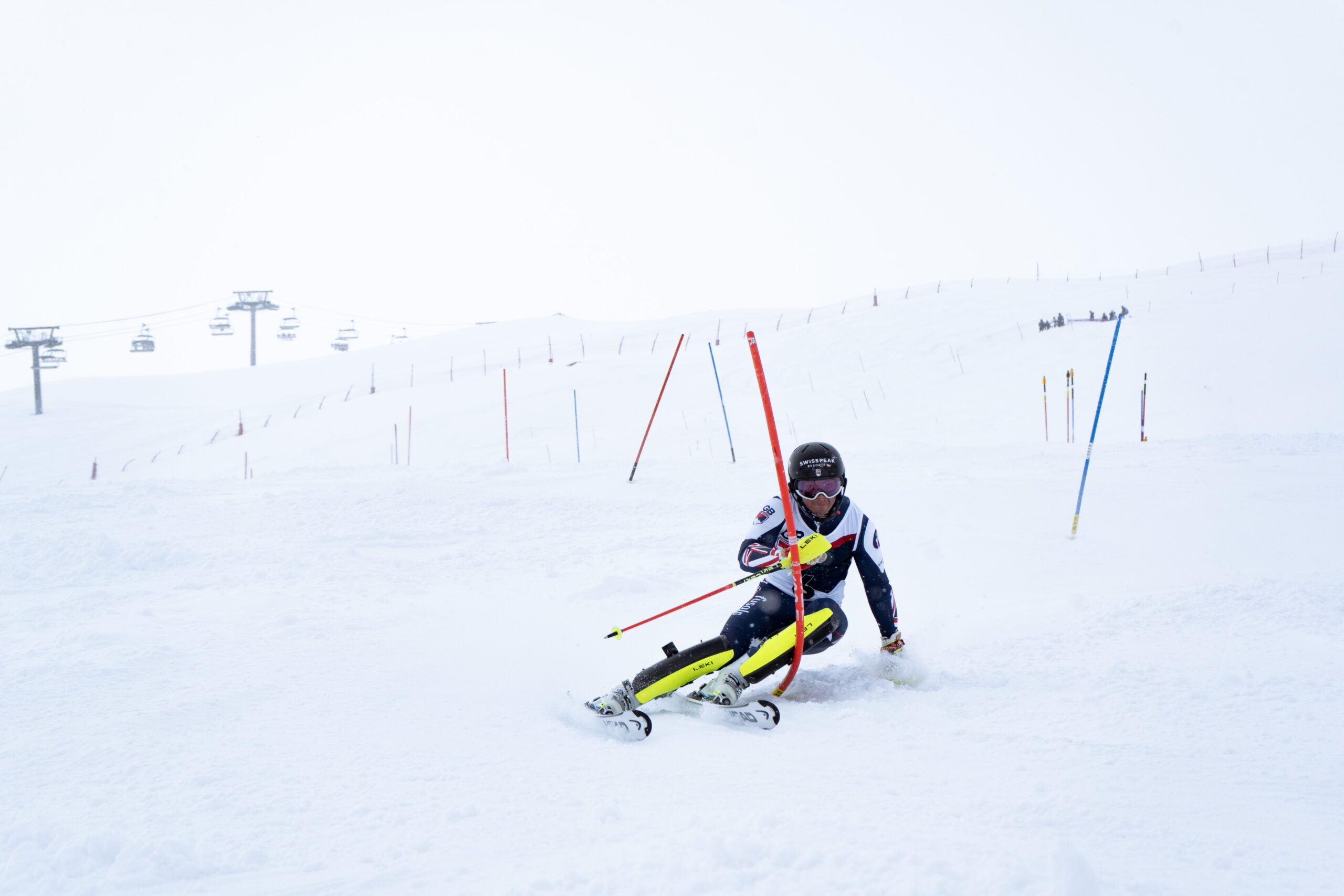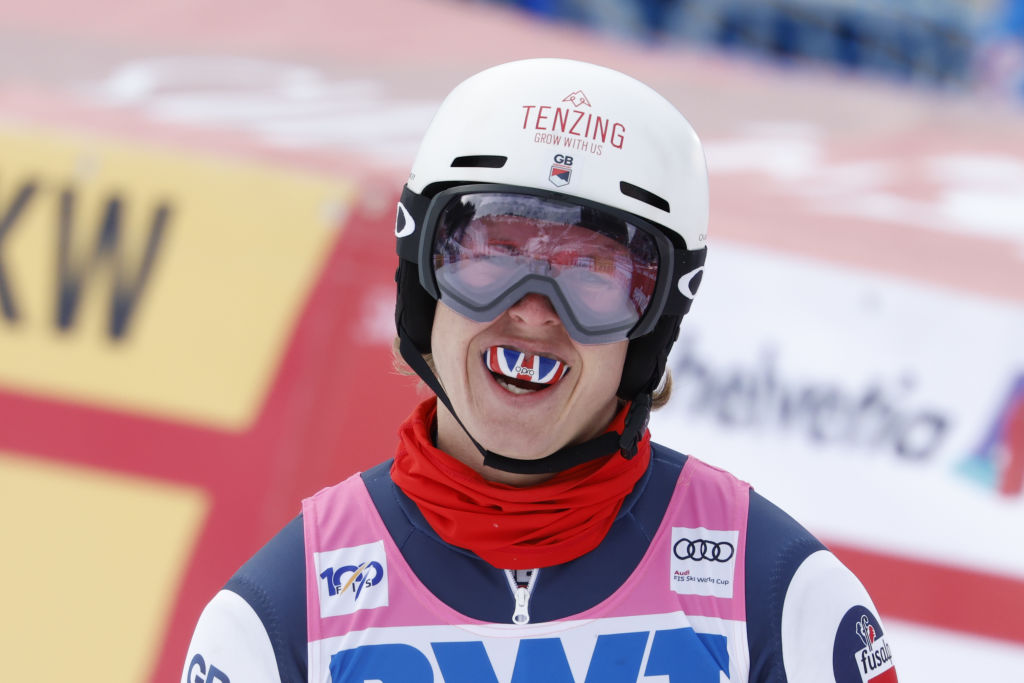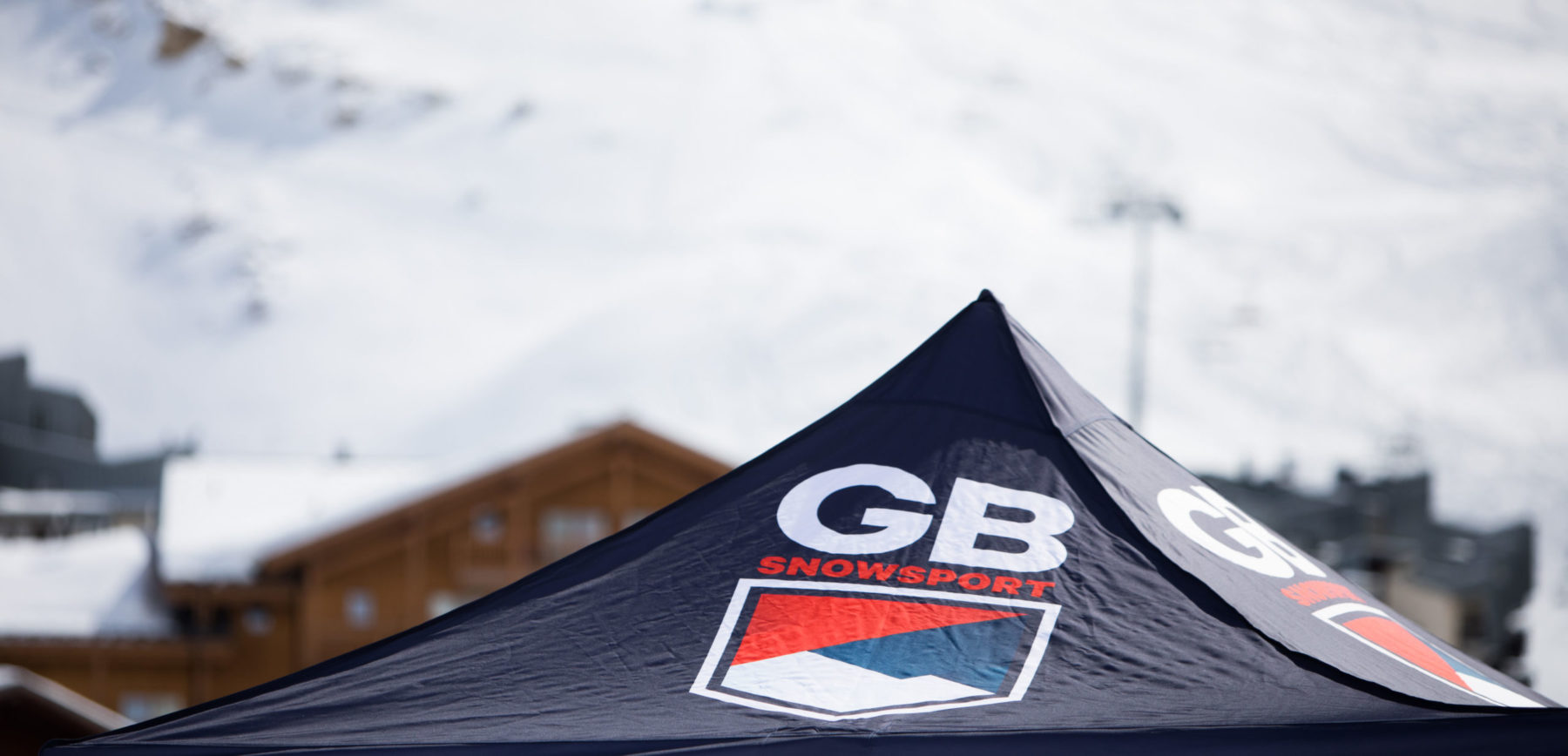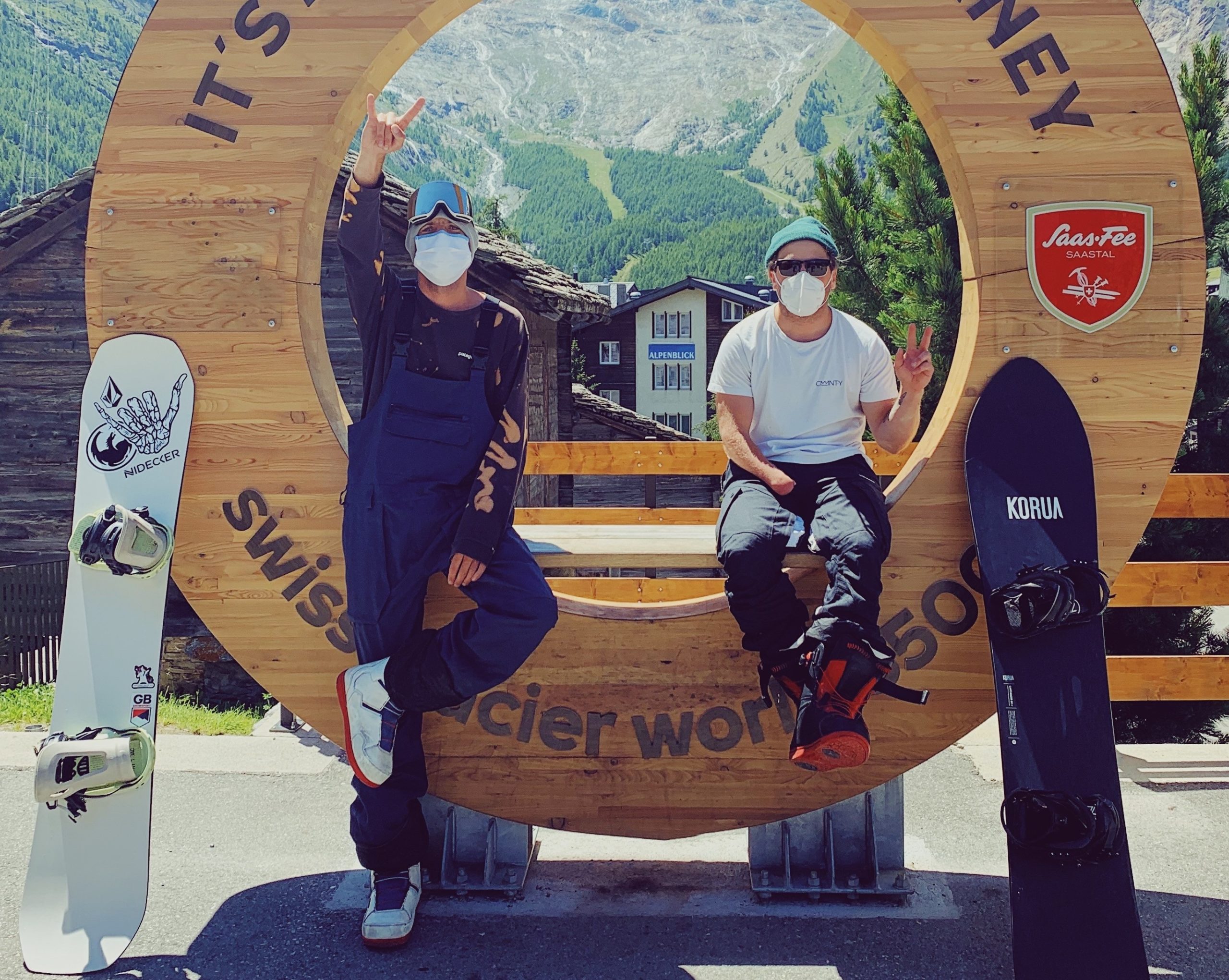
After coming from surf to snow, Para Snowboard coach James Sweet does much more than just teach skills to help the GB Snowsport athletes get results.
How and why did you get into coaching?
“Through surfing. I surfed my whole life and it was a good career pathway in Cornwall! One of my first experiences with long term development was with a programme taking young adults from troubled situations and teaching them to surf… some ended up becoming amazing coaches too…. Snowboarding came from surfing, so it was natural to move into the mountains.”
What are your main responsibilities as a coach?
“I feel that our main role is to create a learning environment where the riders feel happy, safe and able to push their development. When you take on a challenge like this, you aren’t only there to teach and refine skills, moreover you actually all live life together, dealing with all the day to day challenges that face everyone, in whatever form. I’ve really noticed a trend in that once you have put everything in place that an athlete needs, the development and results increase dramatically. This takes time, and it’s something our coaching team and support network are constantly working on. It’s a lot of responsibility, it’s challenging but also extremely rewarding.”
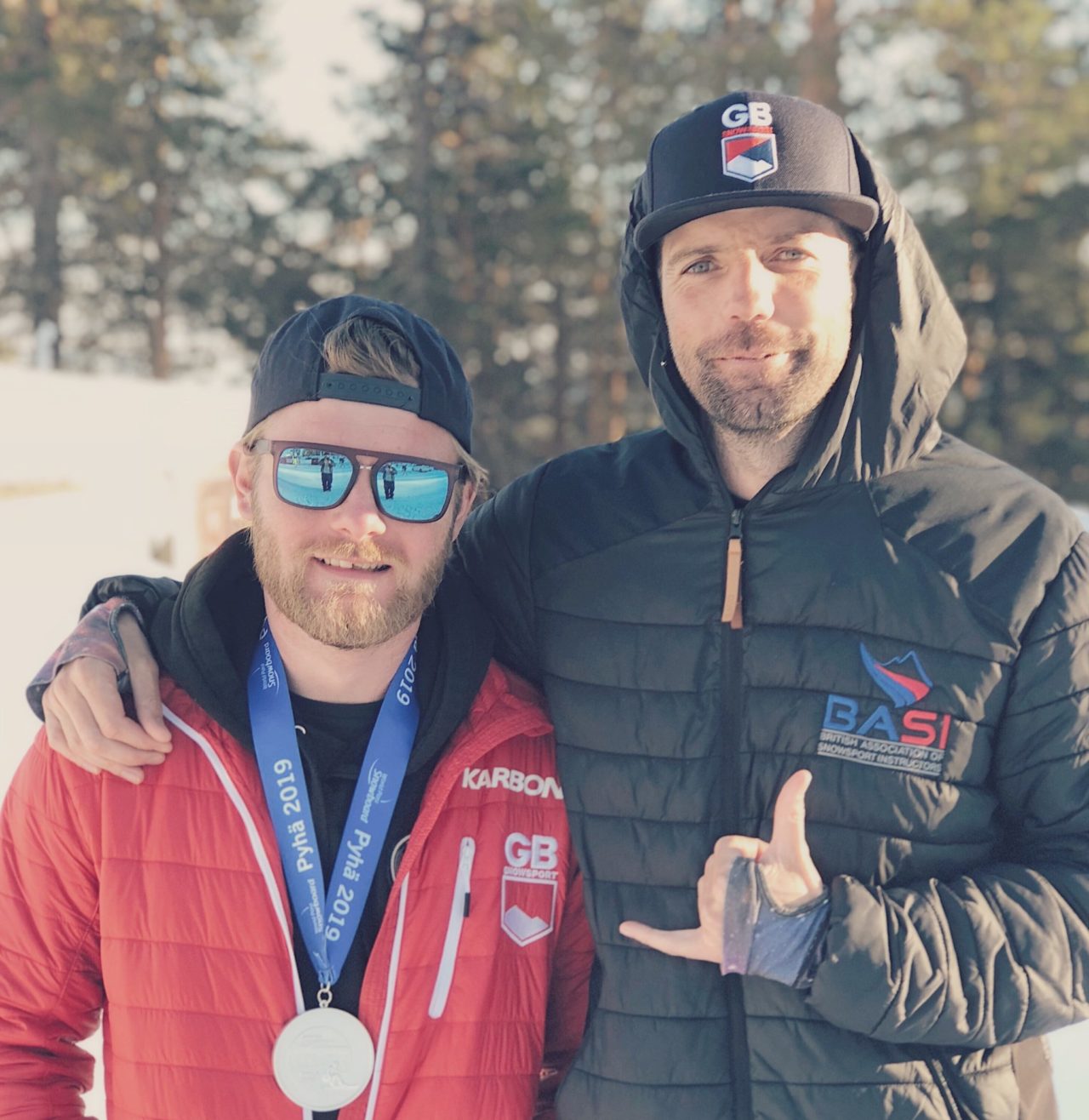
How important is the mental/psychological side of coaching in a modern athlete’s development?
“It’s huge. The mental and physical are so connected that they must be balanced well. Our team faces tough mental challenges daily…. can be anything – such as mental fatigue, break ups, anxiety, dealing with failure, basically an endless list. We work together on creating good routines for competition, by engaging in daily practice which helps the athletes grow stronger…. and we are always there to talk. One of the most common situations we often deal with is an athlete returning from injury, as you might imagine they aren’t just healing the physical form, but also rebuilding confidence to get back on the snowboard, and then compete again… and that is one interesting journey.”
“I personally do tons of meditation!”
How is the new generation of athletes’ expectations of coaching different from what was expected 10 years ago?
“I don’t think the expectations have changed but perhaps the form in which it takes.
“10 years ago snowboarders might or might not have even had a coach. Now we have so much on offer within the team. Discipline specific technical coaches, equipment techs, analysis, physio support, strength training, psychological support and good management, etc. The modern athlete should expect to have access to these things if they are well supported.”
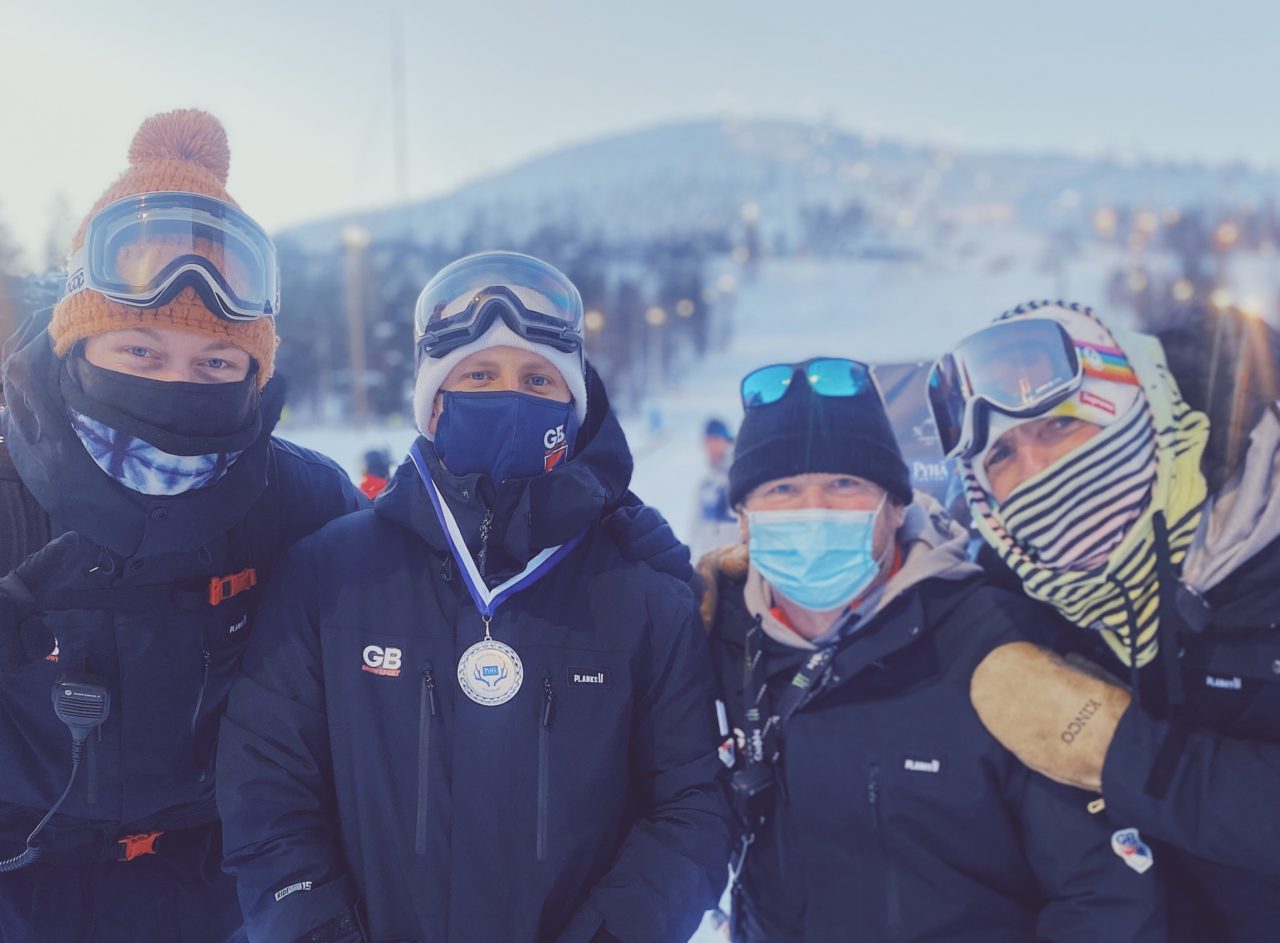
Is analysing competition/training footage useful for athlete improvement and development? If so, has tech like mobile phones and drones made this easier?
“Analysis is a big part of our training. We are always looking at movements and lines. I’m old school, used to having a camera and a TV, so the iPhone for me has been so valuable. I tend to use that on the hill for some instant feedback/learning. Our other coach Karel is a wizard on analysis, he loves to bank footage and run them through amazing analysis apps on the iPad and get super deep… the riders love it, such valuable insights, frame by frame. Years ago you may have been lucky enough to analyse one photo many weeks later, so it’s a huge shift in learning.”
What was the biggest challenge coaching athletes during the most restricted moments last year? How did you manage to maintain a coaching approach with athletes during lockdown?
“The biggest challenge is (and still is) travel. We actually did very well this winter and carefully chose locations that we knew were relatively safe and easy to get to. In fact, Finland gave us special permission to travel there and we stayed most of winter in a fairly ‘normal’ living environment with some nice training opportunities… It’s ever changing and we were lucky like other sports to be able to move around a little bit. During the lockdowns we would sit tight, keep talking to each other and work on something active wherever we could! Staying positive was key.”
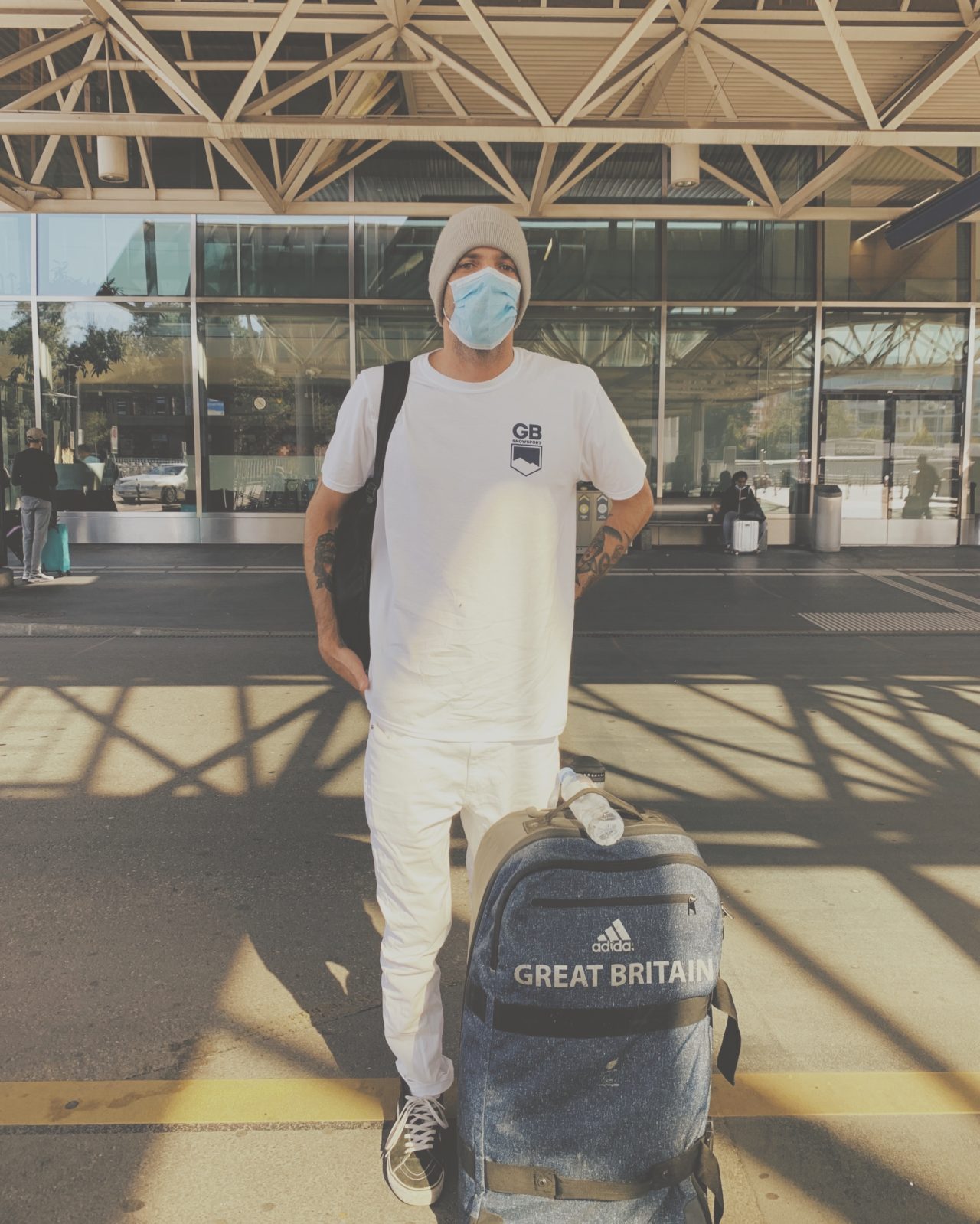
 Share
Share